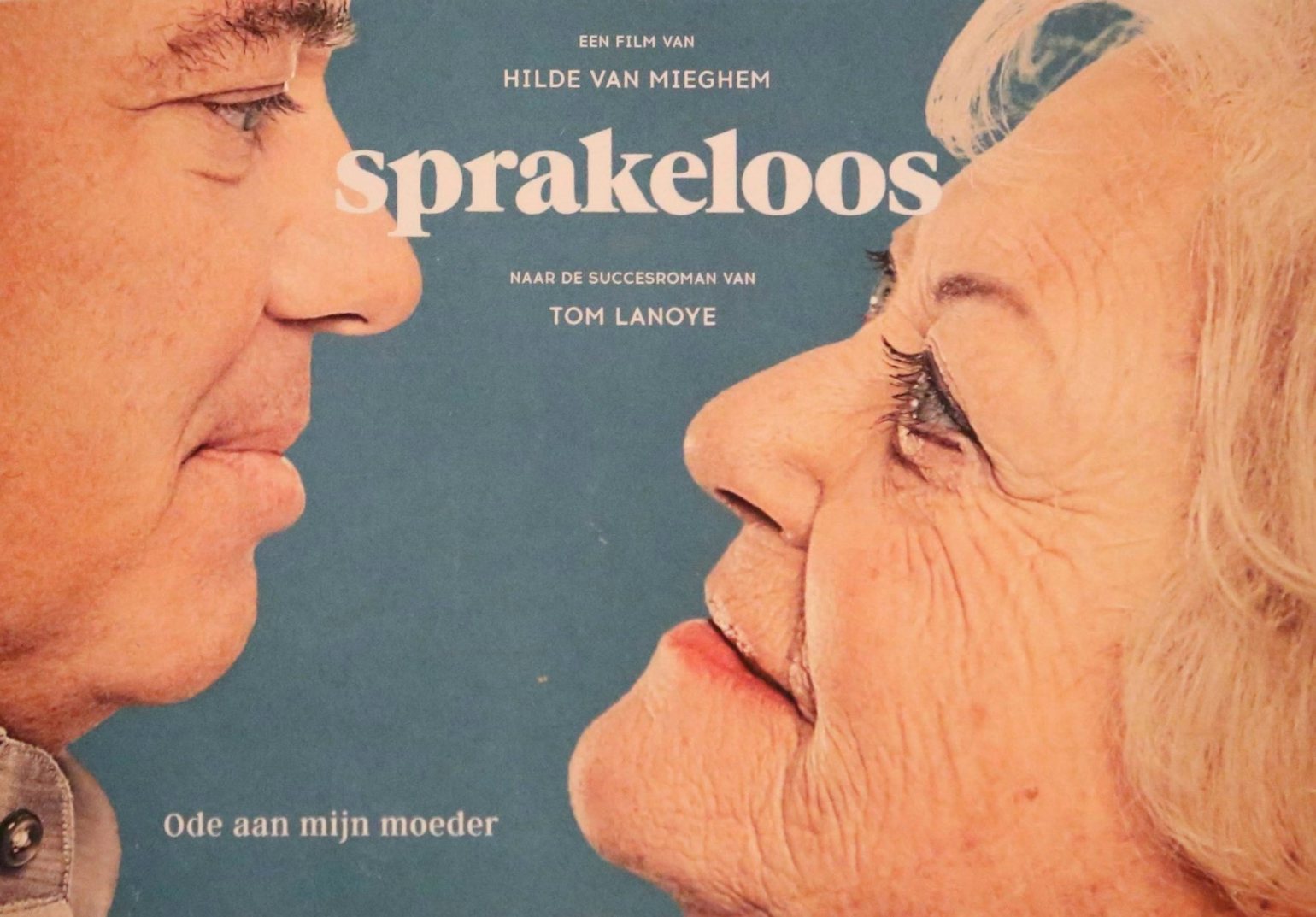Speechless
This successful novel tells the story of the life and death of the author’s parents, particularly his mother’s. After a thrombosis, she suffers from aphasia and behavioural problems and never recovers sufficiently to be able to live at home. Her son, the author, is deeply touched by her loss of speech, which – as an amateur actress – had been so dear to her, and his impotent anger at this from time to time makes his story a ‘song of curses’. In compensation – and as a grateful and moving homage – he reconstructs her life in the abundance of language that used to be hers.
A playful, touching, and verbally extravagant memoir-novel of griefKirkus Reviews
Full of love and admiration, yet quivering like raw meatDe Standaard
This is an ‘unadorned account’, an informal, honest testimony of a mother by her son, in which much is in what is not mentioned: good nature, gratitude, endearment, closeness. At the same time, Lanoye reflects on the actual function of writing and the vital importance of language in these circumstances. In a wider context, ‘Speechless’ is about a personal experience recognisable to everyone, woven into a lively fresco of a generation, a period, a life style, with astonishing brush strokes of 'la flandre profonde', masterful in its popular realism and the richness of its language.
‘Speechless’ far transcends the purely biographical story of a mother. It has become the portrait of a generation, of family life in the sixties and seventies.De Tijd
‘I’m proud of the fact that Éditions de la Différence was the first publisher to bring out Tom Lanoye’s novels in French. When Kristien Hemmerechts was visiting Paris in 1999 to promote the French translation of her ‘Without Boundaries’, she spoke to me about his work for the first time. Ten years later I decided to publish several of Lanoye’s books.
Hugo Claus had just died, and Jean-Luc Outers, head of Promotion des Lettres, told me that Lanoye’s oeuvre was of the same quality as that of Claus, whose ‘Le Chagrin des Belges’ is and remains, in my mind at least, one of the greatest novels of the 20th century. Alain Van Crugten was Claus’s translator, he was also to become Lanoye’s translator.
We decided to start with ‘Speechless’, because it’s life itself, a mixture of tragedy and irresistible humour. French-speaking Belgium was immediately taken by the book. When the public read it they realised that the Flemish weren’t so different after all, although politics would have had them believe otherwise. Together we laughed and cried and revelled in the scenes that reminded us so much of our own families and our own stories. Death is without nationality.’










